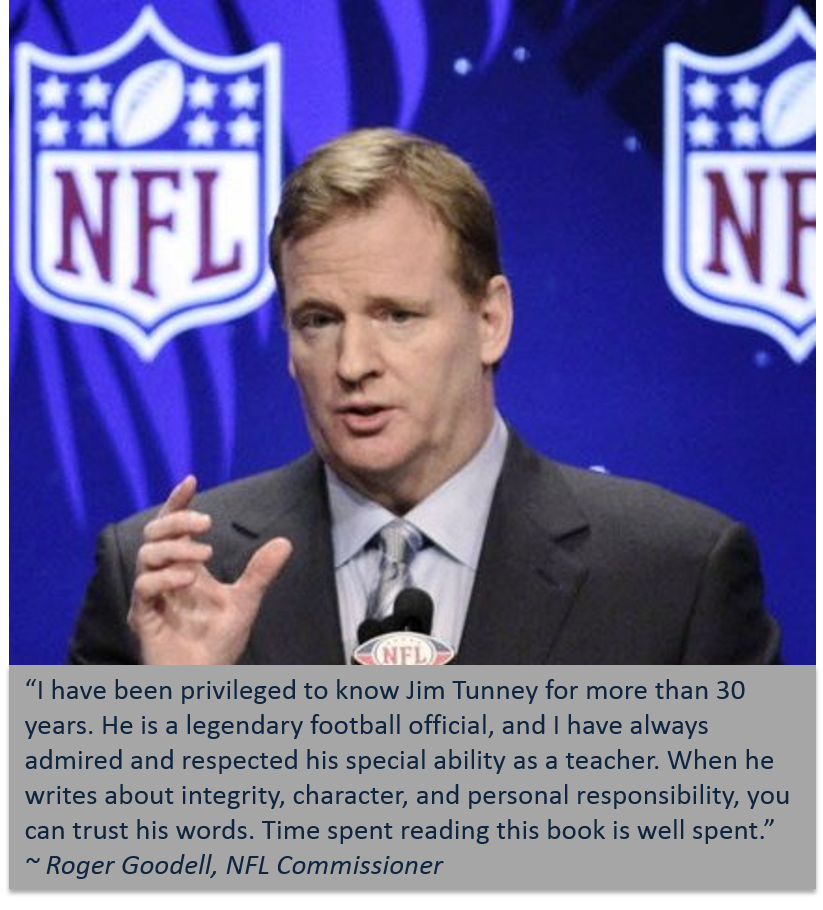After Further Review … Choosing a college/university can be an emotional decision – and well it should be. For 16-17-18 year olds to leave the comfort of their home environment, and move into an unknown world can be an unsettling adventure. How does one decide what is the best school environment? So many factors to consider.
Now place yourself in the shoes (and head) of a "blue chipper" – i.e., one who excelled in athletics in high school and is now being recruited by some of the most prestigious colleges/universities in our country. What criteria should a young athlete use to determine which school is best?
As a high school teacher, coach and administrator, I made it a thoughtful effort to guide every student toward the college that was the best fit. In the world of a "blue chipper" athlete, the matrix becomes more involved. Many athletes look to a college which is nationally ranked in that athlete's sport. Can you blame that attitude? Why wouldn't one want to play for a college T.E.A.M. that may position him/her to move onto the professional level?
Where, then, does educational value come into play? Hopefully, it should rank high in one's criteria. All too often, not high enough. One's purpose for going to college may have many avenues.
The National Football League requires that a player must attend 3 years of college – or at least wait 3 years after high school graduation – to be eligible for the NFL draft. Yes, you read correctly – an athlete does not have to go to college; but then, what advancement can be made on his playing skills if he doesn't? In the National Basketball Association, a player must be 19 before he is eligible for the NBA draft. If he graduates high school at 18 years of age, he must attend at least one year of college (called "one and done") or just sit out a year until age 19.
Therefore, in the NFL or NBA, what is an athlete's purpose or goal in attending college? Is it just preparing him for a professional career? What classes must he enroll and attend, if his only purpose is playing professional sports? If this is the criteria in the selection of a college, where does the value of the coach rank? A highly successful college T.E.A.M. headed by a highly successful charismatic coach is awfully appealing to an 18 year old.
Will you carefully consider educational value when choosing a college?
To learn more about Jim Tunney, or if your organization would like to secure Jim as a speaker, please visit www.tunneysideofsports.com and click on Jim Tunney www.twitter.com/jimtunney



